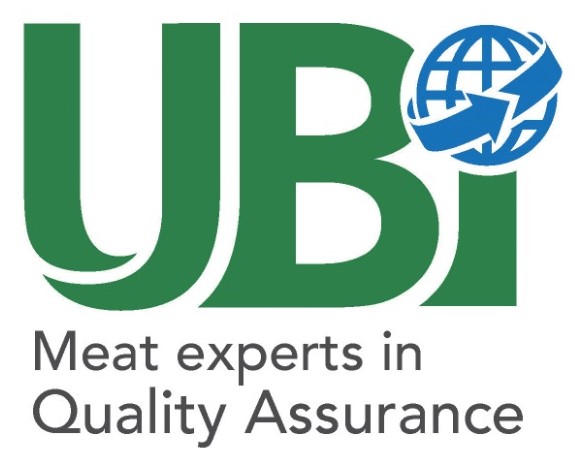Food inspectors warn of ‘mystery’ pork under new meat inspection rules
Two federal inspectors warned that “mystery” meat and other unwanted materials will contaminate pork throughout the U.S. under the new meat inspection rules currently being used in a pilot program, NBC News reported Monday.
Food Safety and Inspection Service (FSIS) inspectors Anthony Vallone and Jill Mauer told NBC News that they filed whistleblower disclosure forms with the Office of Special Counsel about their concerns with the reduction of the required number of federal inspectors at plants.
“The consumer’s being duped,” Mauer said, adding that the meat may be more likely to contain feces, sex organs, toenails, bladders and unwanted hair.
A pilot program for the adjusted rules for pork lines has been implemented at five plants. Five inspectors who worked at these plants talked to NBC News, while four others submitted affidavits with similar concerns.
NBC News notes that none of the inspectors it talked to say they themselves allowed unsafe meat to pass inspection.
“If this continues across the nation, when you open your package of meat, what you’re gonna get for a pathogen is gonna be a mystery,” Mauer added.
Typically, seven federal inspectors check the meat for defects, but under the new rules, the required number would drop to two or three with more experience but less hands-on time with the meat. The plants’ own employees would be instructed to check the meat directly without any required federal training.
The rules would also eliminate the maximum speed of the meat lines, giving less time for inspections.
“You can’t really see very much in that time. So there’s a lot of contamination heading out the door,” Vallone told NBC News.
The other 35 plants in the U.S. are expected to apply for the new inspection rules. Those 40 plants together produce 92 percent of the pork Americans eat, NBC News reported.
An FSIS spokesperson told The Hill that the pilot program has been in effect in the five plants for nearly two decades without any evidence of increased outbreaks.
The Department of Agriculture told NBC News that federal inspectors are allowed to stop or slow down the line if they find any issues.
—Updated at 5:58 p.m. – via The Hill
